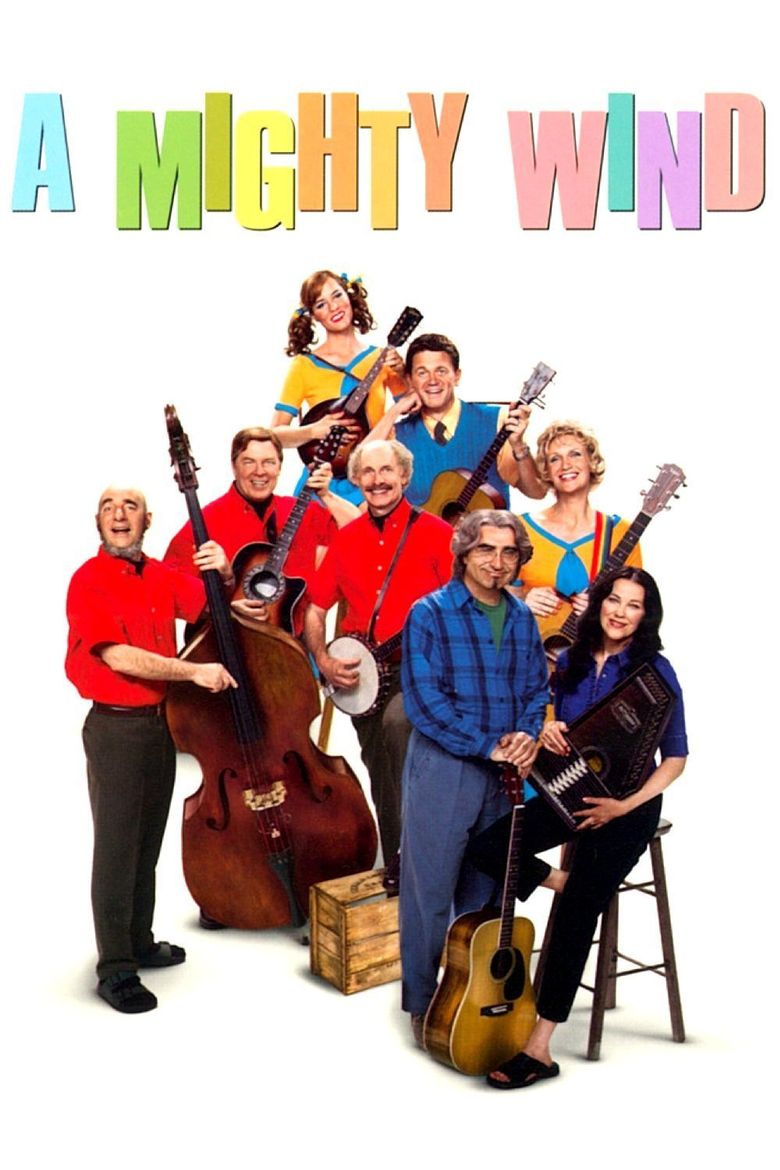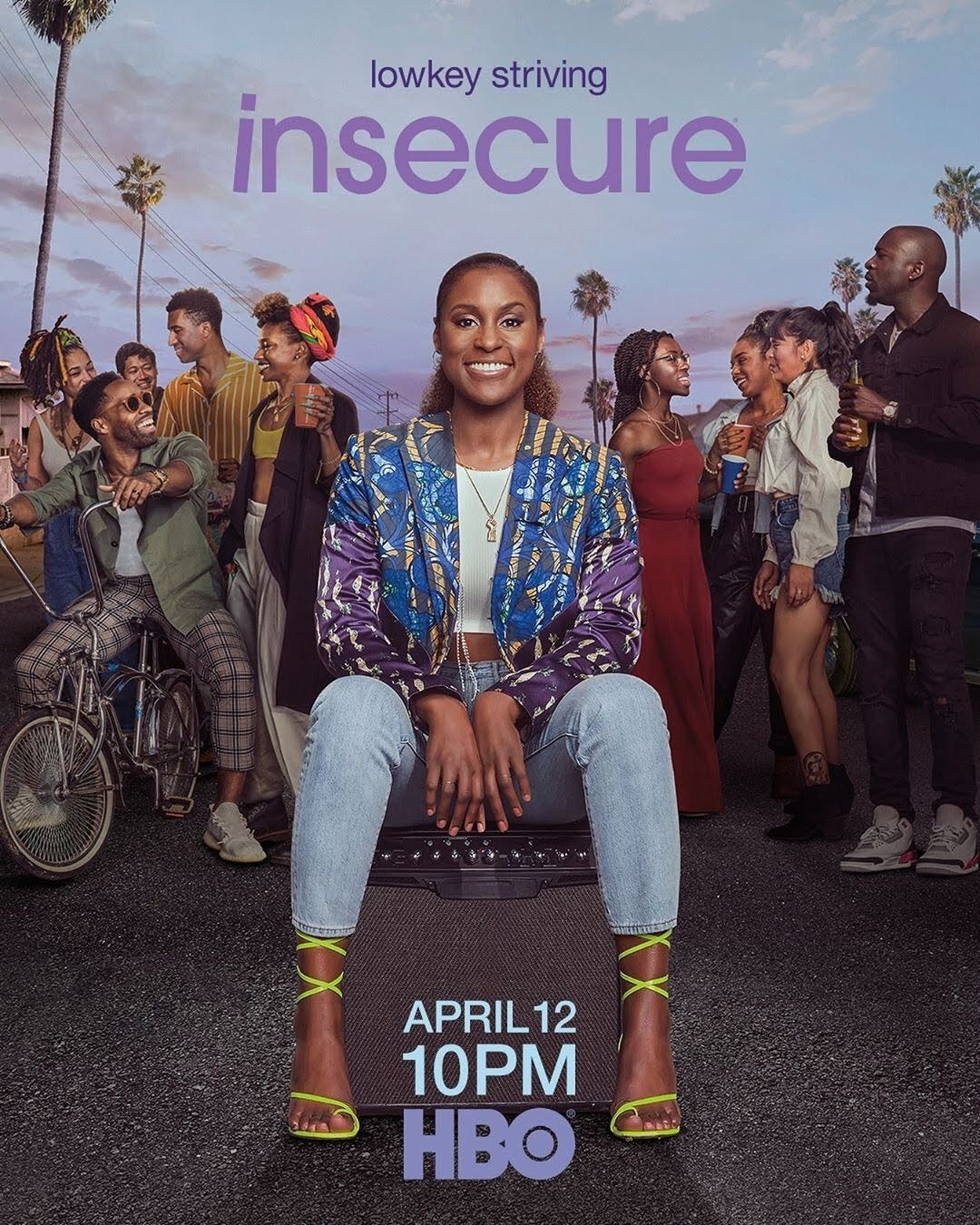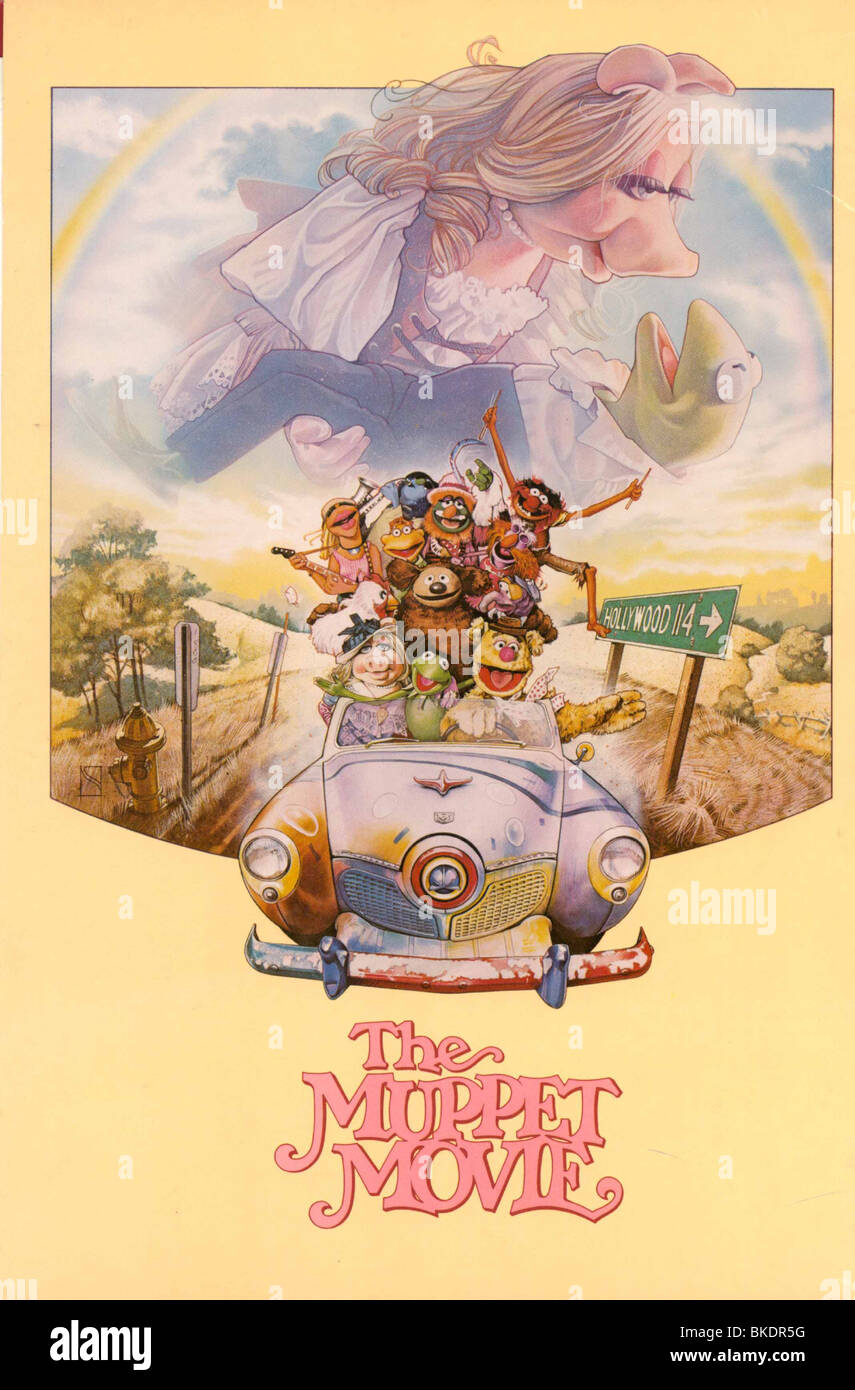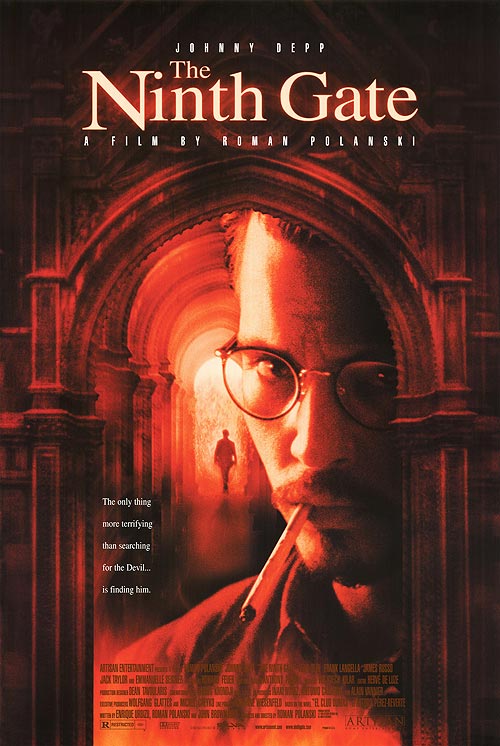Hellraiser (1987)
Director: Clive Barker
Sometimes you feel the urge to go back and watch a highly influential movie you hadn't seen in decades, even if you're fairly sure that it won't hold up well. Such was the case when, a few nights back, I noticed that
Hellraiser was available on one of my streaming services. It was late, and I was in the mood for something twisted and dark, so I went for it.
Watching this movie now, 31 years after its original release and probably a good 25 years after I'd last seen it, the strengths and weaknesses are exactly what lay in my memory, even though most of the details had been lost in the interim.
For those who don't know the tale, it is a wildly horrific tale of Julia and the family into which she married. The rather cold, reserved Julia moves into the old, previously abandoned family house of her husband, Larry, and her step-daughter Kirsty. When first seeing the place, they realize that Larry's mysterious loner brother, Frank, had been squatting in the home not long before their arrival, though Frank is nowhere to be found at the time. Seeing his belongings sparks Julia's memories of having an extended, passionate affair with the darkly hedonistic Frank, and Julia even begins to dream about being with Frank again. A few days later, Larry cuts his hand in the home, and the blood trickles into the floorboards of the dank, upper-most room in the house. Slowly, the blood is absorbed and revives some sort of horrific, flayed human, whom Julia discovers to her horror. This creature quickly explains to Julia that he is, indeed, Frank, and that he had transported himself, via a strange black and gold magic box, into a realm of dark sadomasochism ruled by terrifying, demoniac creatures called Cenobites. Frank convinces Julia to lure more victims into his upper floor lair, where she should kill him and allow their blood to revitalize Frank into human form before the Cenobites discover him missing and pull him back into their twisted, torturous realm.
In its day,
Hellraiser was one of the most creative, disturbing, and truly horrifying films made in quite some time. Sure, there had been more graphic horror movies. And there had been eerier tales told on film. But Clive Barker's feature film debut was its own stunning blend of modern gothic horror and graphic bloodletting, wrapped in a supernatural tale that hinted at its own almost Lovecraftian-level mythos. The mere conception and look of the Cenobites, tortured and disfigured creatures cloaked in black leather and adorned with various sharp, cutting instruments, was enough to give most of us nightmares. When this was added to the quality special effects that brought the nightmares to life, you had something that made a major impression, grotesque it is may have been. In watching it now, 30 years after its release, I can say that most of the visual effects, especially the costumes and basic set designs, hold up. And the pure horror elements of the story are just as disturbing now as they were then.
 |
The effects in the movie are great, most notably on the
slowly-regenerating Frank. It calls to mind of the stellar
makeup work from Cronenberg's The Fly. |
Unfortunately, like most of even the best horror films, the non-horror aspects of the movie are fairly weak. The backstory of Frank and Julia's affair is quite shallow, with Frank being a one-dimensional "bad boy" who literally shows up in a leather jacket on Julia's doorstep, dripping with rain, and giving her the bedroom eyes right from the jump. There is zero subtlety in their lust-filled affairs, and it seems a bit odd that Julia becomes so wildly obsessed with him that she is quite literally prepared to become a serial killer just to revive him - a man who long since abandoned her to go chasing other women and satisfaction of his own carnal lusts through any means he could find. I suppose one could argue that such can be the power of lust, especially lust repressed under a cold veneer such as the one that Julia usually exudes, but this is a bit of a stretch.
The acting is rather inconsistent, too, with a few screen veterans like Andrew Robinson and Clare Higgins doing just fine, but most other cast members appear rather amateurish. It doesn't do any of them any favors that the dialogue is uncomfortably bad, aside from the few memorable catchphrases that Barker puts in the mouths of the Cenobites - "We have such sights to show you," and "We'll tear you soul apart!" delivered in actor Doug Bradley's powerful, domineering voice still resonate as some of the most memorable lines in the history of horror films. But when it comes to the more casual dialogue between the horror scenes, the attempts at humor fall completely flat and any attempt to build any compassion for the characters never materializes.
I recall having seen the immediate sequel, 1988's
Hellbound: Hellraiser II, but I've never bothered with any of the
seven feature-length follow-ups (several of which were straight-to-video). I can appreciate dark horror, and the more imaginative concepts which Clive Barker created those decades ago are still somewhat compelling, but there was never enough for me to go beyond those first two movies. Real horror aficionados have likely already seen these films, probably multiple times, so it is hard to recommend it to any new viewers. Only if you are a horror fan who is a bit young and never gone back to see this one would I suggest you give it a go - despite its clear flaws, it really is one of the most influential horror movies of all time, with its fingerprints still being seen in horror movies made today.
Semi-Pro (2008)
Director: Kent Alterman
It's a Will Ferrell comedy, alright.
I like Will Ferrell. He's always been good for pretty solid, consistent laughs. I have not, however, ever become a full devotee of the comedian with seemingly boundless energy. As funny as he can be, he rather quickly became a one-note comic act in my view. This is why I've never run out to catch him movies in theaters, often waiting years after their release to watch them; sometimes never bothering to watch them at all. Watching the now decade-old
Semi-Pro did nothing to change my feeling about Ferrell, either positively or negatively.
The story takes for its setting the rather low-hanging comedic fruit of the disco era in 1976. Ferrell plays Jackie Moon, a one-hit music wonder who used his lone hit song's earnings to purchase the Flint Tropics - a professional basketball team in the struggling American Basketball Association (ABA). The Tropics are the worst team in the floundering ABA, only keeping their nose above water thanks to Moon's over-the-top promotional antics, including sensational halftime shows and performances. When word comes down that the ABA is going to be contracted and absorbed into the far larger and more successful NBA, the desperate Moon makes a deal to see that his team is one of the four who will make the jump into the big league. The deal requires him to get his squad to climb out of the cellar and attain 4th place in the ABA standings by season's end, no mean feat for the disogranized and talent-bereft Tropics. Hope does emerge when aging former NBA player Ed Monix (Woody Harrelson) is able to lend his veteran knowledge and help coach up talented but selfish young NBA-hopeful Clarence (Andre Benjamin).
While Ferrell's Jackie Moon character isn't
exactly like Ron Burgundy in
Anchorman or Ricky Bobby in
Talladega Nights, Moon does bear the hallmark idiocy, self-absorption, and overconfidence of virtually every character Ferrell has ever played on TV or the big screen. Of course, there is a reason for the typecast - Ferrell is exceptionally good at the role. Despite myself, I can't help but laugh at his line deliveries, facial expressions, and overall body language when playing such over-the-top buffoons. Since Ferrell's shtick alone can become a bit tiresome at times, it helps that there's ample comedy talent around him. Will Arnett is a standout, as the whiskey-swilling, chain-smoking color commentator for Tropics' broadcasts, but there are several others who round out the proceedings well. Woody Harrelson's comedic gifts are mostly underutilized, as he plays the mature role in the film, but he does have a few moments.
As with every other Ferrell-starring film, not every gag hits, and there are probably ten to fifteen minutes of ad-libbed nattering that should have been edited out, but the movie provides frequent enough laughs to justify its purpose. It's a dumb comedy meant to provide some gut laughs. It does that just fine.
Flesh + Blood (1985)
Director: Paul Verhoeven
A rather good, gritty medieval flick with a B-movie attitude by a director who knows how to do entertaining sex and violence.
I picked this one up after seeing it pop up on more than one "underrated film" list. Despite being a true 1980s kid, I had never even heard of it. Now that I've seen it, I understand why. The movie follows a renegade band of mercenaries led by Martin (Rutger Hauer), a highly skilled and dangerously cunning fighter. Martin and his band are first used and then cheated by a regional lord in order to get his castle back from invaders. As revenge, Martin's unruly band stages an attack on a group of the lord's closest associates, including his son Steven (Tom Burlison) and Steven's bride-to-be, Agnes (Jennifer Jason Leigh). Martin's band of marauders steal the goods, only to later discover that Agnes has been hidden away in one of the wagons. She is promptly raped by Martin, although in a way whereby Agnes either does, or at least acts like she does, enjoy being violated by the strapping bandit leader. From this point, Agnes's action become rather difficult to decipher for everyone involved. She is taken with the band to a small nearby castle, where Martin's crew kills the defenders and takes over. Agnes seems to become Martin's willing woman, although when Steven and the regional lord's soldiers lay siege to the castle, Agnes continues to change her allegiances back and forth between Steven and Martin. By tale's end, Martin narrowly escapes his entire band's being wiped out by the plague, and Agnes leaves with Steven. Agnes actually sees Martin escaping, but remains silent rather than alerting Steven's men to the dangerous bandit's survival.
This is a 1980s medieval sword-swinger unlike any other I've ever seen, especially from that era. I always enjoyed the setting and characters in those romantic "Arthurian" type tales, and even plenty of the fantasy tales that were inspired by that sort of setting.
Excalibur is still great, and movies like
Ladyhawke and
Willow always had an appeal for me. Those movies were, though, relatively PG-rated.
Flesh + Blood, on the other hand, gets its hands
really dirty. The murder and sex are right in your face, and Martin's rape of Agnes is downright disturbing on an original
Straw Dogs level. This movie is very much about depicting a band of depraved and bloodthirsty cutthroats in all their viciousness, and it works quite well. They truly are despicable characters.
 |
Martin is more than ready to let Agnes handle his, uh, rifle.
The previously-sheltered Agnes takes to the sex and violence
with disturbing alacrity. |
The story of Agnes is also a strangely novel one. There is a bold ambiguity to her motivations, as she plays Martin and Steven off of one another, almost like a cat playing with two mice. Of course, this cat is posing as a harmless kitten, but there is a strange empowerment to her character at times. And the way that the theme of violence is handled puts me in mind of the David Cronenberg masterpiece
A History of Violence, in which violence is depicted both as a repugnant aspect of human nature as well as a source of animal magnetism to others. Rutger Hauer's swaggering, bare-chested alpha male Martin is the polar opposite of the learned and thoughtful but also bold and clever Steven. The basic tale of a woman torn between "brawn" and "brains" was not a new one by a long shot, but this movie tackled the subject in a grittier way than any other I know of.
I doubt I'll ever need to see this movie again, but I was glad to have finally gone back and given it a shot. It's not for everyone, as it is a hard-R-rated movie, without a doubt. But it more than held my attention for its manageable running time, and it shed even more light on what an exciting, if uneven, resume Paul Verhoeven has put together over the decades.



























